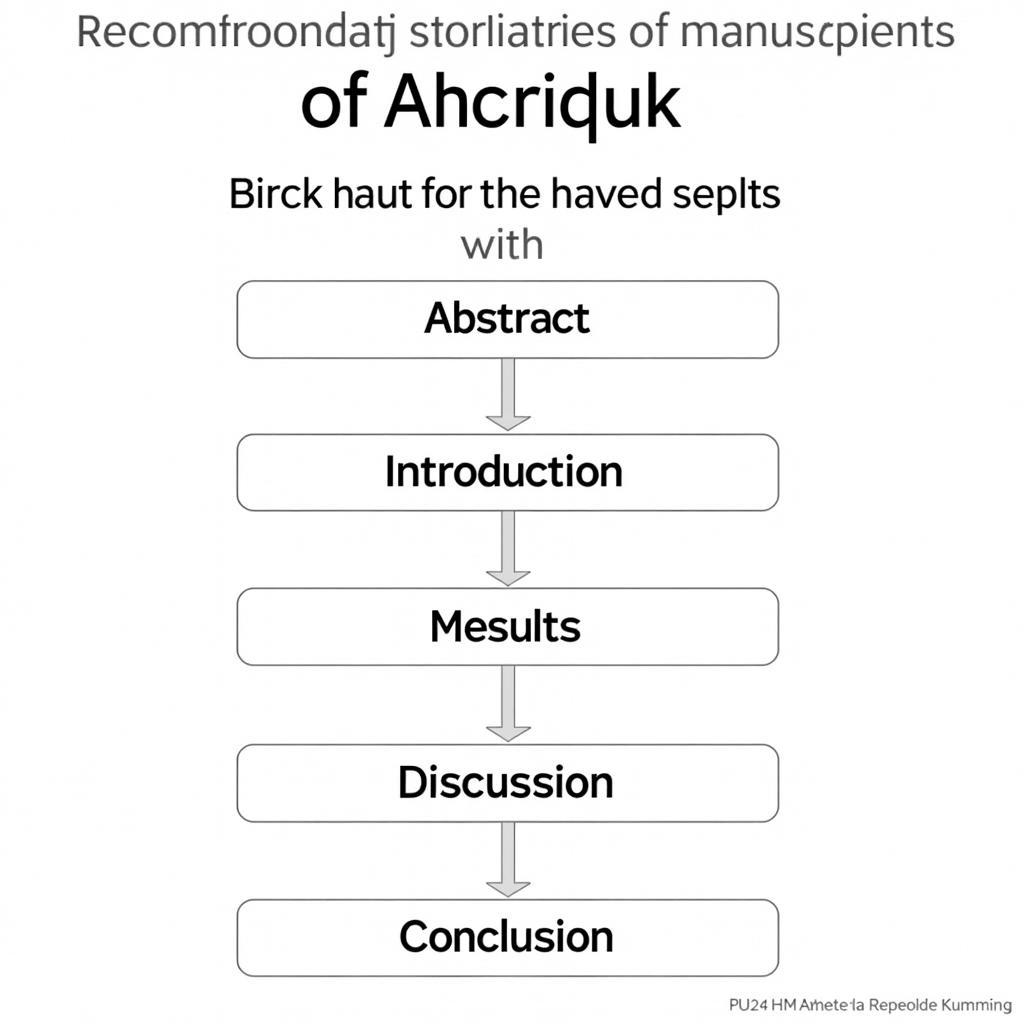Understanding African Development Funds Incorporated
African Development Funds Incorporated play a crucial role in stimulating economic growth and social progress across the continent. These funds, both private and public, channel investments into various sectors, fostering development and addressing critical needs. From infrastructure projects to supporting small businesses, understanding the landscape of African development funds is essential for anyone interested in the continent’s future.
What are African Development Funds Incorporated?
African development funds incorporated encompass a diverse range of organizations dedicated to financing and supporting development initiatives across Africa. These funds can be broadly categorized into public funds, private equity funds, impact investing funds, and philanthropic foundations. Each type of fund operates with distinct objectives, investment strategies, and impact measurements. Public funds, often backed by governments or multilateral institutions, typically focus on large-scale infrastructure projects and national development programs. Private equity funds, on the other hand, seek commercial returns by investing in high-growth businesses. Impact investing funds prioritize measurable social and environmental impact alongside financial returns, while philanthropic foundations primarily focus on grant-making and capacity building.
Key Players in African Development Funds
Several key players shape the landscape of African development funds incorporated. The African Development Bank (AfDB) stands as a prominent multilateral institution providing loans, grants, and technical assistance to African countries. Numerous private equity firms, such as Helios Investment Partners and Emerging Capital Partners, actively invest in various sectors across the continent. Impact investing funds like Alitheia Capital and Goodwell Investments focus on socially responsible investments that generate positive social and environmental outcomes. Additionally, philanthropic organizations such as the Bill & Melinda Gates Foundation and the Rockefeller Foundation contribute significantly to development efforts through grants and partnerships.
The Impact of African Development Funds
African development funds incorporated have a significant impact on various sectors across the continent. Investments in infrastructure, including transportation, energy, and communication, are crucial for driving economic growth and improving living standards. Funding for small and medium-sized enterprises (SMEs) empowers local businesses, creates jobs, and fosters innovation. Investments in education, healthcare, and agriculture contribute to human capital development and improve social well-being. Furthermore, these funds play a critical role in supporting sustainable development initiatives, promoting environmental conservation, and addressing climate change.
Navigating the Complexities of African Development Funding
Navigating the landscape of African development funds incorporated can be complex. Due diligence is essential when selecting investment partners and evaluating project proposals. Understanding the regulatory environment and legal frameworks in different African countries is crucial for successful investments. Building strong relationships with local stakeholders and communities is essential for ensuring project sustainability and maximizing impact.
“Effective development funding requires a deep understanding of the local context, strong partnerships, and a long-term commitment to sustainable growth,” says Dr. Adebayo Olufemi, a renowned economist specializing in African development.
The Future of African Development Funds
The future of African development funds incorporated is promising, with increasing interest from both domestic and international investors. Innovation in financial instruments and investment strategies is creating new opportunities for funding development projects. The growing focus on impact investing and sustainable development is driving positive change across the continent.
“The future of African development lies in leveraging the power of innovation and collaboration to create sustainable solutions that benefit all,” states Ms. Amina Diallo, CEO of a leading impact investing firm in West Africa.
Conclusion
African development funds incorporated are essential catalysts for economic growth and social progress across the continent. By understanding the various types of funds, key players, and impact areas, we can better appreciate the crucial role they play in shaping Africa’s future. Investing in African development is not just about financial returns; it’s about investing in a brighter future for generations to come.
FAQ
- What are the main types of African development funds?
- How do these funds contribute to economic growth?
- What are the key challenges in African development funding?
- How can investors navigate the complexities of African markets?
- What is the role of impact investing in African development?
- What are some of the most successful African development projects?
- How can I get involved in supporting African development initiatives?
Need support? Contact us at Phone Number: +255768904061, Email: kaka.mag@gmail.com Or visit our address: Mbarali DC Mawindi, Kangaga, Tanzania. We have a 24/7 customer service team.


